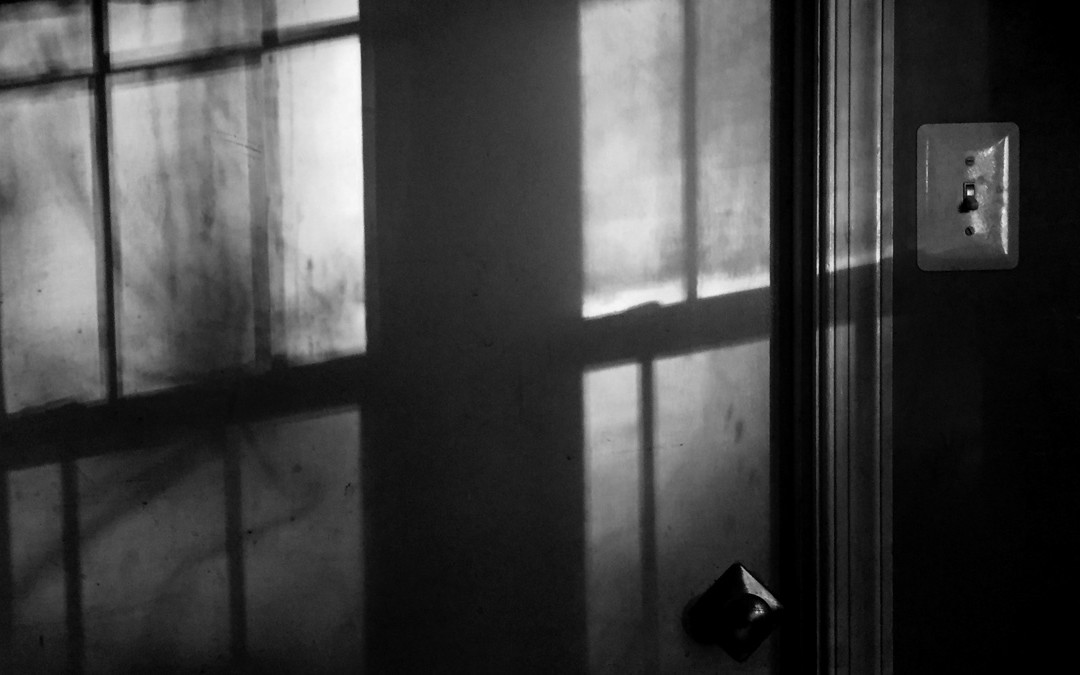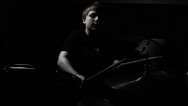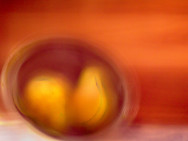In a recent article, Makoto Fujimura argues for the importance of artists and imagination in Christian life. It’s a nice piece but I have a strong disagreement with one of his points.
“Imagination is a uniquely human faculty that is connected with reality and faith at the same time. Human beings have the capacity to imagine the future and actually see it into reality. Further, for a Christian, imagination is even more valuable: “Faith is the substance of things hoped for, the evidence of things not seen.” (Heb. 11:1) If you take this word of the New Testament seriously, it follows that you must have imagination in order to have faith.”
To be fair, I understand the point Fujimura is making — he is arguing against a kind of textural literalness that has historically plagued Christians: from the Iconoclasts to the reformation. In certain traditions, image has been relegated to second class status and that has done damage.
But I would argue that imagination is not only NOT essential for faith but can even be dangerously limiting of our spiritual growth. Does that seem outrageous? Frank Sheed in Theology and Sanity discusses the difference between our imagination and our intellect and argues that spiritual truths need to be understood by our intellect not our imagination.
Consider what imagination is. It is the power we have of making mental pictures of the material universe. What our senses have experienced —the sights the eye has seen, the sounds the ear has heard, what we have smelt, touched, tasted —can be reproduced by the imagination either as they originally came through our senses, or in any variety of new combinations…it is a subordinate part and entirely limited to the world of matter. What the senses cannot experience, the imagination cannot make pictures of….Thus the reality of any spiritual statement must be tested by the intellect, not by imagination.”
He continues by showing how, in our modern times, “unimaginable” has become nearly synonymous with “inconceivable” in common usage. Many things in our faith are beyond the reach of our senses but that doesn’t make them “inconceivable” it makes them “unimaginable” and difficult for our intellects to deal with. The imagination gives us the shamrock or triangle for the Trinity. But this simile doesn’t tell us anything about the Trinity. “The excuse for them [the smilies] is that they help us to see the doctrine. But they do not. They only help us to swallow the doctrine. They prevent the doctrine from being a difficulty…For the Faith binds us to accept many truths altogether beyond imagination’s reach, and will not allow imagination to reject them.”
The Catholic sacraments are a good and true antidote to that literalism that Fujimura is arguing against. They are signs that effect what they say. They are concrete and sense-based, because as embodied souls we know and learn trough our senses. But at the same time they point to a literal truth that is beyond our senses. They are not inconceivable, they are only unimaginable. They are Mysteries. And here I’ll turn to Abbot Vonier (and St. Thomas Aquinas) for help:
It would be a great disparagement of the sacraments to look upon them as mere veils of more substantial spiritual realities. They are not veiling anything; they are complete realities in themselves, existing in their own right. They are not infirma et infirma elementa, weak and mean shadows of things; they are the virtue of God and the power of God.
Our minds are finite, we are made of matter, and we can never truly hold something infinite in our finite minds. But, “My grace is sufficient” and that is why we have Mysteries in our faith. Sheed concludes, “…a Mystery is not something that we can know nothing about: it is only something that the mind cannot wholly know. A Mystery, in short, is an invitation to the mind. For it means that there is an inexhaustible well of Truth from which the mind may drink and drink again in the certainty that the well will never run dry, that there will always be water for the mind’s thirst.”
And that is so much greater than imagination.
But please don’t mistake my point for meaning imagination is worthless. It certainly isn’t for living a fully human and beautiful life. It just isn’t essential for faith. Faith, as pure gift, is a dark thing — a black box that we cannot see inside to how it functions. Like Sheed points out, infinity just can’t fit into something finite. That is just a fact as plain as the nose on your face. It’s something we have to accept. There’s only been one time when that was changed. John Donne’s beautiful poem, Annunciation, ends with the line, “Immensity cloistered in thy dear womb.” But the Incarnation is another post…
Since we had the week off because of the big snow storm, I was able to spend a lot of time playing with my camera and working on my impressionistic styles. It’s such a thrill to be able to create these images. I am grateful for each one that I feel is successful and I try not to be too frustrated by the ones that don’t seem to work.








